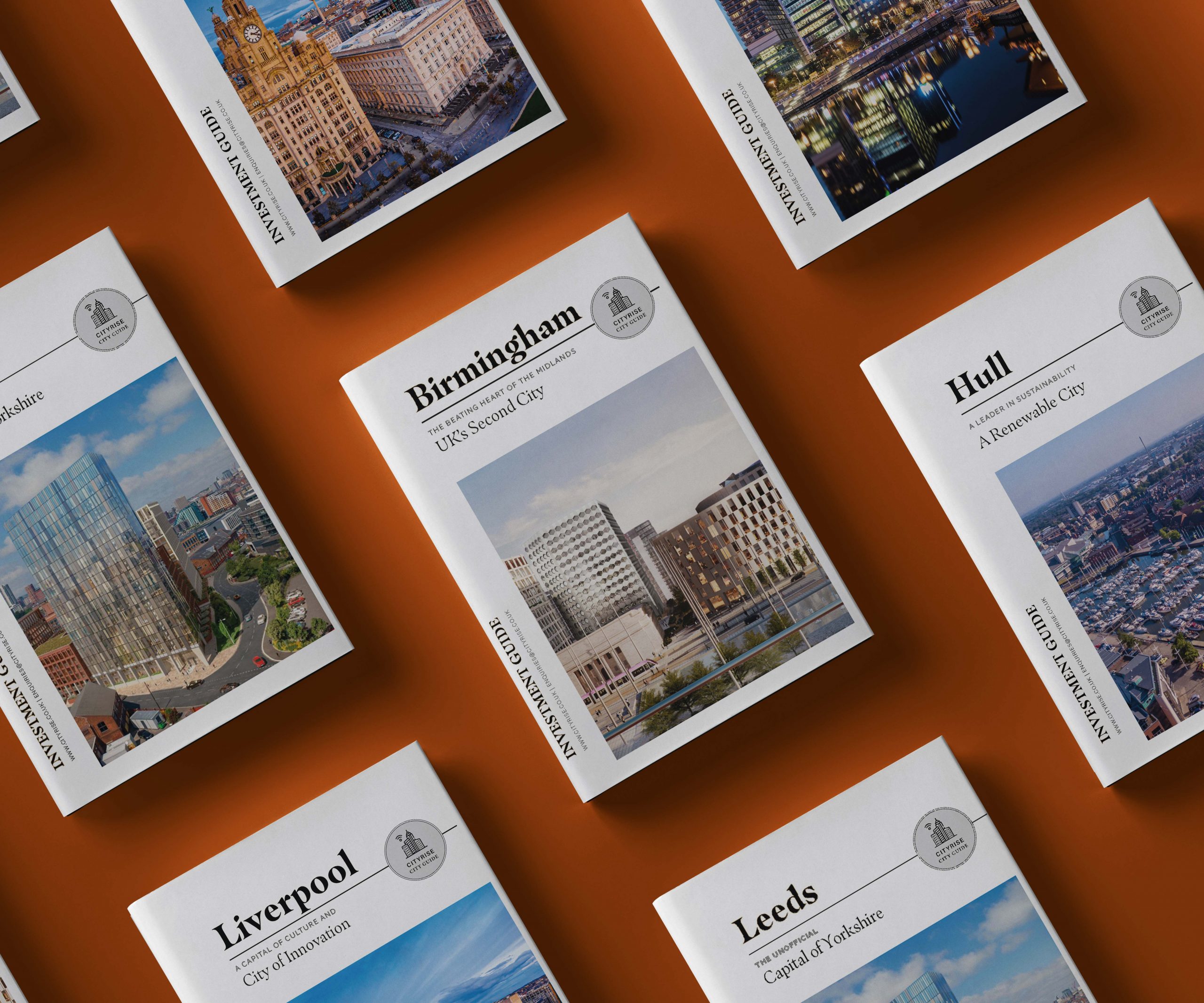Join CityClub
To Access Exclusive Off-Market Opportunities
What is a New Build Mortgage?
A new build mortgage is a type of loan that is used specifically for newly constructed homes or homes that have undergone extensive renovation in the past 2 years. Each lender will have different criteria for what is classified as a new build, so it is always best practice to check with them when looking to secure one. New build mortgages typically have more requirements compared to a normal mortgage, such as higher deposits and tighter lending criteria.
What is a Buy-to-Let Mortgage?
A buy-to-let mortgage is a mortgage designed for people who are purchasing a property to rent out rather than to live in. When looking at eligibility, lenders will assess the property’s rental income rather than the individual’s income, making the requirements more strict. Lenders also see these types of mortgages as a higher risk, so they can require larger upfront deposits and higher rates.

Can You Get New Build Mortgages on Buy-to-Let Properties?
In short, yes, individuals can secure a new build mortgage on a buy-to-let property or a buy-to-let mortgage on a new build or off-plan property. However, it is important to consider the criteria that come with these mortgage types to ensure you can meet the requirements.
When Do You Need to Secure a New Build Mortgage?
When looking at a property that is currently being constructed, typically you need to apply around 6 months before the building’s completion date. However, you should consider getting an AIP (agreement in principle) before applying. An AIP will help you get an idea of what a mortgage lender will be willing to give you before applying.

New Build Mortgage
Offer Period
When securing a new build mortgage, your timing is crucial. Most mortgage offers are only valid for up to six months, meaning if your property’s completion is delayed beyond that window, your offer could expire. In that case, your mortgage application would need to be reassessed from scratch. However, if market conditions shift, such as a drop in property value, you could find yourself unable to secure a new offer, leading to significant financial risk.
New-build purchases typically involve a legal contract that commits you to the agreed sale price and full payment on completion. Failing to complete due to mortgage issues can result in losing your deposit, as well as potential legal consequences.
The good news is, many lenders are now extending mortgage offer periods to 9 or even 12 months. This added flexibility gives investors more time when buying off-plan, offering a valuable buffer against unexpected construction delays or market shifts.

What You Need to Know Before Applying for a New Build Buy-to-Let Mortgage
When applying for a new build mortgage, especially for a buy-to-let, it’s important to understand the key eligibility factors lenders consider and what to expect during the process.
Stricter Lending Criteria
Buy-to-let new build mortgages tend to come with more restrictive criteria. One key factor is that the expected rental income must usually cover at least 125% of the mortgage repayments.
Higher Deposits Required
Because new builds can be seen as higher risk, many lenders require a larger deposit than they would for older properties. Typically, you can expect to need a minimum deposit of 25%.
Location and Property Type Matter
While location and property type are always considered in mortgage applications, they play an even greater role with new build buy-to-lets. Certain areas and property types may be viewed more favourably by lenders, potentially influencing your eligibility and terms.
Landlord Experience Can Help
If you’re already a landlord, your experience can work in your favour. Lenders may be more willing to approve your application based on your track record. Some mortgage lenders may also require applicants to be at least 21 years old.

Is it harder to secure a mortgage for a new build property?
Yes, it can be harder to get a new build mortgage as lenders often have stricter criteria, larger deposit requirements, and higher rates due to concerns and uncertainty of affordability.
Why do new build buy-to-let mortgages require a higher deposit?
Many lenders impose stricter criteria on new build buy-to-let mortgages to protect themselves against potential risks, such as a decline in property value during the early years or extended void periods where rental income doesn’t cover the mortgage.
What is the difference between a new build mortgage and a normal mortgage?
A new-build mortgage is used specifically for funding newly constructed or recently refurbished properties, whereas a standard mortgage applies to pre-existing homes. New-build mortgages usually come with different features like larger deposits and longer offer lengths.
Explore our Investment Guides
Take a look
As Seen In
Join CityClub Today to Receive:
- Priority access to exclusive off market investments
- Below market value pricing
- Out of hours investor support chat
- Allocated solicitor for hands free conveyancing

















